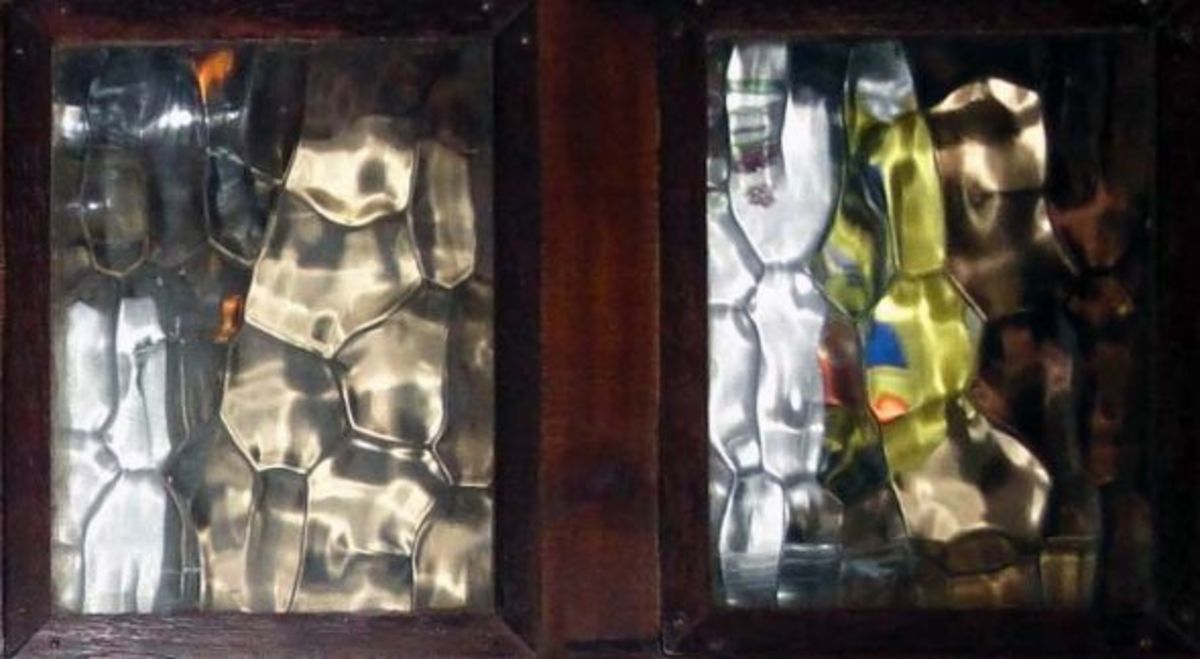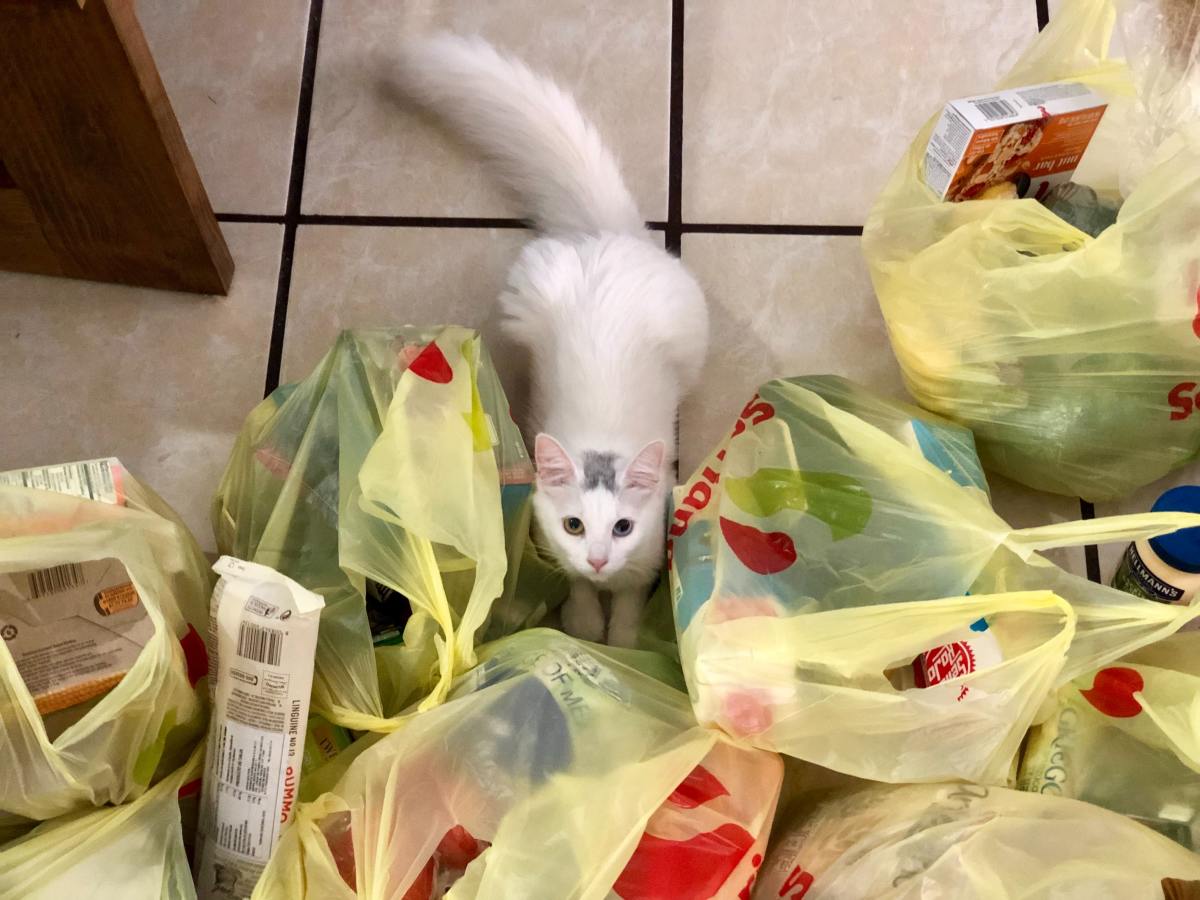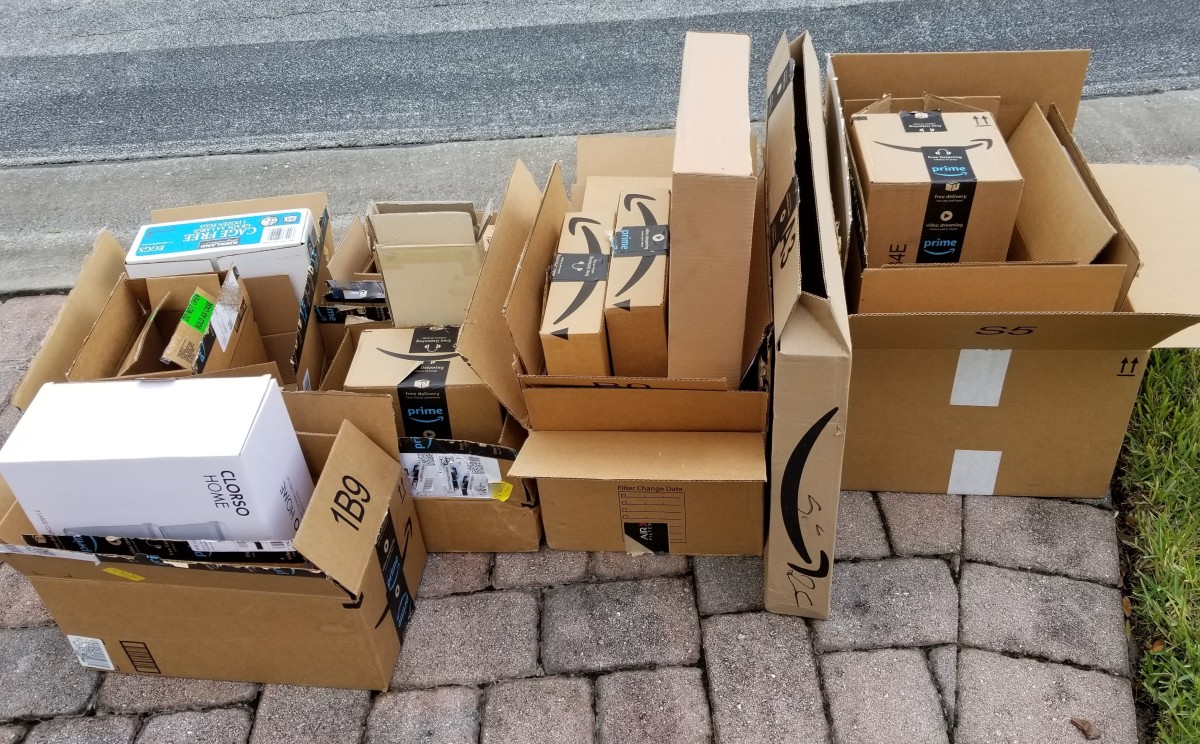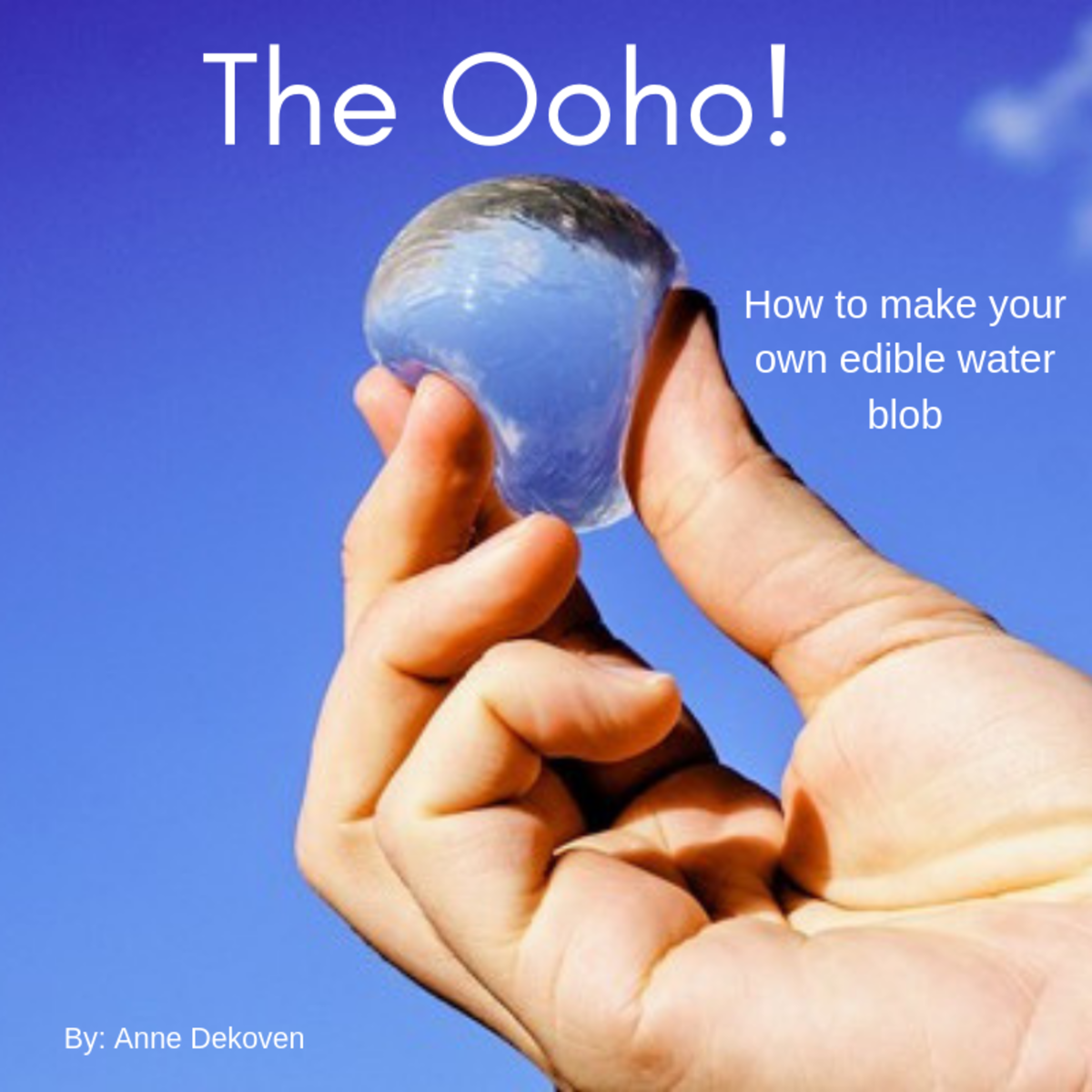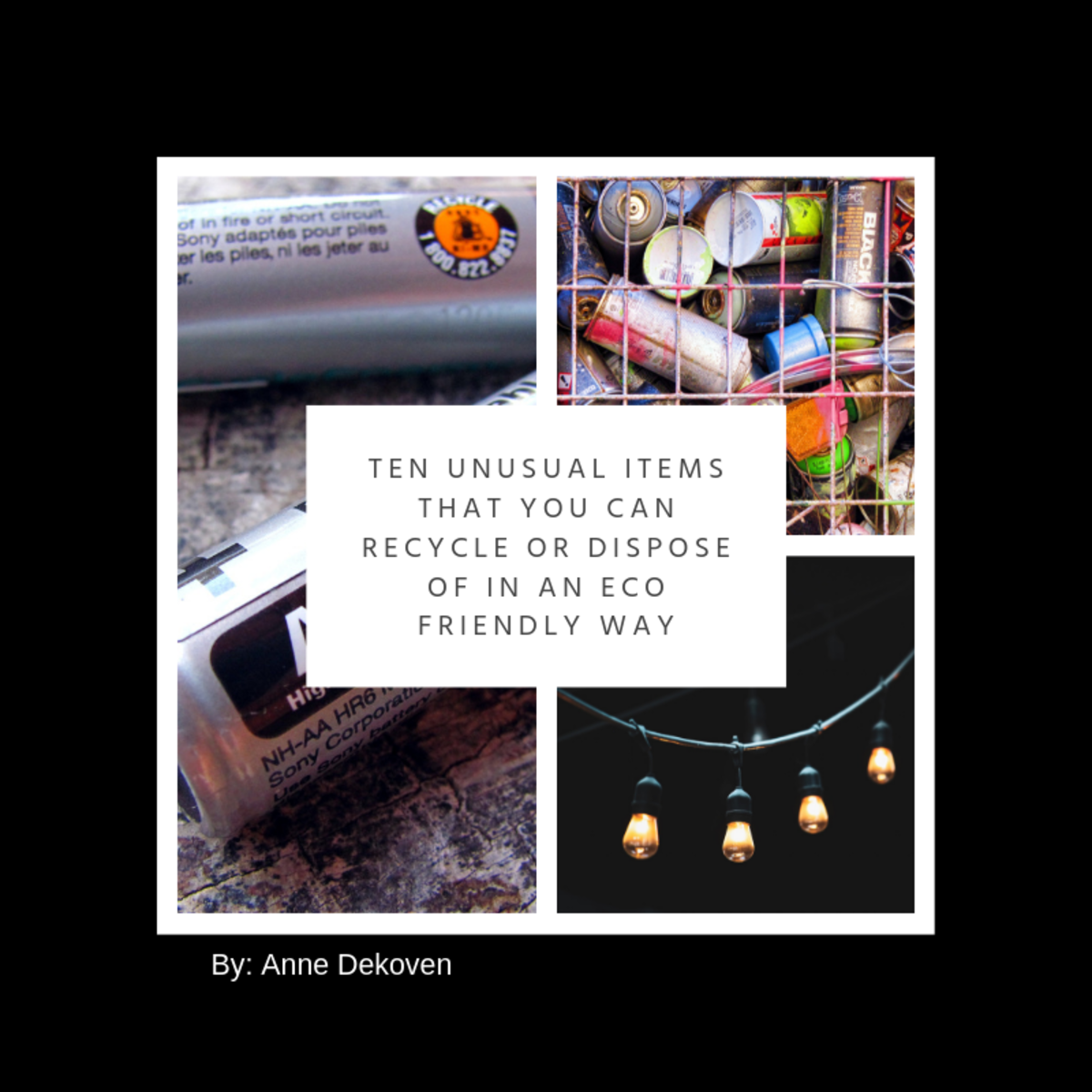What Plastic Recycling Codes Mean
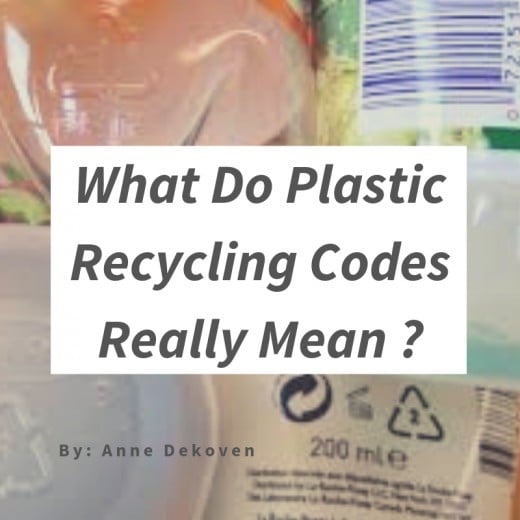
Recycling Codes
Biodegradable, BPA, Polystyrene, Polyethylene and the list goes on. The world of plastics and recycling can be a confusing one at times. All these technical words, codes and statistics are enough to make anyone's head hurt. One of the easiest ways to better understand plastics and recycling is to get familiar with the recycling symbols. This code will show you what kind of plastic you are dealing with. These symbols tell you whether it can be recycled, what kinds of things it will be turned into and any hazards you should be aware of.

Number One
Polyethylene Terephthalate or PET
This type of plastic is usually clear. You will most commonly find it in products such as bottles and containers. PET plastic is recycled into things like carpet, fabrics and furniture. One hazard is that Polyethylene is made with BPA. Bisphenol A is an industrial chemical used to create plastic. This chemical can leak into whatever substance the container is holding. This process usually happens when the plastic has been left in the sun or when it gets to hot. This type of plastic can be put in your household recycling bin and any public recycling receptacle.
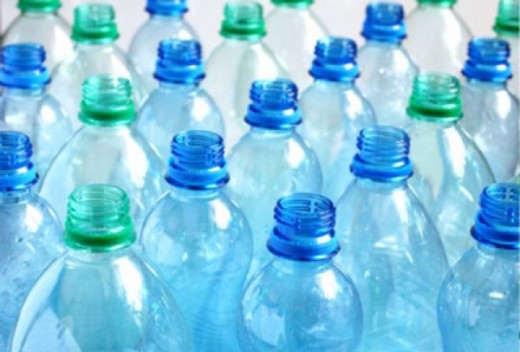
Number Two
High Density Polyethylene
This plastic is used for food containers, house hold cleaners and toiletries. The color is opaque like a milk jug for example. High density polyethylene is safer that polyethylene or code one plastic because it is less likely to leak out chemicals. This type of plastic can be recycled almost anywhere just like code one. When it is recycled it often turned back into house hold containers, pens and recycling bins.
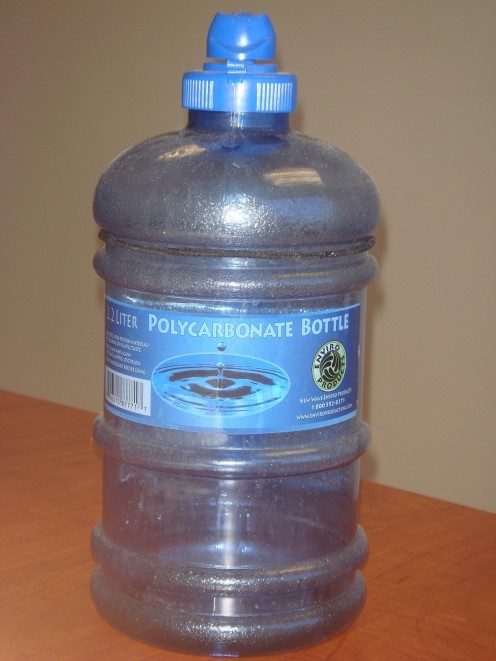
Number Three
Polyvinyl Chloride
Vinyl, Pvc or V is used for products like food packaging, pipes and household cleaning containers. You cannot recycle these kinds of plastics at home you would have to find a center that takes this type of plastic. This kind of plastic contains carcinogens that can cause long term health problems. This kind of plastic should never be burnt or used to cook foods. This kind of plastic when recycled gets turned into things like speed bumps and roadway gutters.
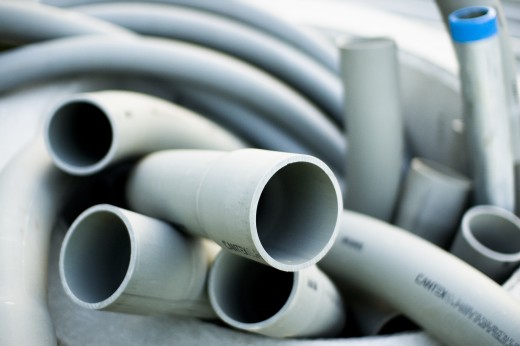
Number Four
Low Density Polyethylene or LDPE
This plastic is flexible, tough and mostly transparent. It is used to coat different products due to its toughness. It is also used to seal in heat for products like rain coats. Some lids and bottles are made from this type of plastic because of its flexibility. It cannot be recycled in most home recycling programs, but some communities have started to accept it so be sure to double check. When recycled it is turned into new products like trash can liners and cans, compost bins, paneling, lumber, landscaping ties, and squeezable containers like ketchup or honey.
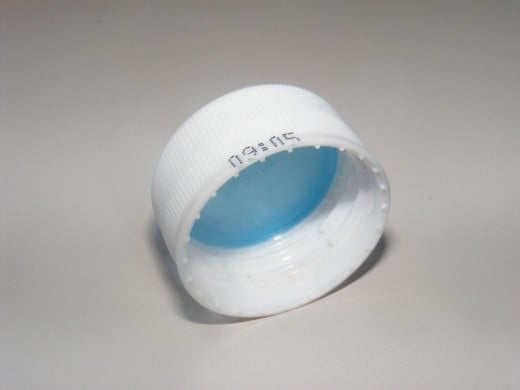
Number Five
Polypropylene
This plastic can is found in bottle caps, medicine bottles, straws and car parts. It is strong and heat resistant. Some number five plastics can be recycled. Medicine bottles and bottle caps are usually a sure thing, but your average curb side recycling program will not take busted car parts. Polypropylene can be recycled into many things including bicycle racks, Brushes and ice scrapers.
Number Six
Polystyrene
This is just the technical term for plastic foam. This stuff is super light durable and great for packaging. You find this kind of plastic in Styrofoam cups, meat packaging, doggy bags and egg cartons. It's not so great for the environment though and it's not usually accepted by curbside recycling centers. There are special centers especially for polystyrene recycling and in some cases you can send packaging peanuts back to the post office and they will be reused. This type of plastic has been known to leak chemicals like some of the other plastics listed above. This means if you can resist the urge to drink that hot cup of coffee out of a Styrofoam cup. When it is recycled it is turned into things like insulation and more foam packaging.

Number Seven
Other
This could be any other kind of plastic not listed above. Some products you might find have this code are bullet proof materials, computer shells and nylon. Some of them are great like the new biodegradable plastics made from plants and others are not. For plastics labeled under number seven you might have to do some digging to actually find out what kind of plastic it is and what you can do with it. This makes code number seven a hassle and difficult to recycle. Some curbside programs will takes these plastics and others will not. Contact your recycling company to learn what to do with your tricky number sevens.
ABC Breaks Down Recycling Codes
Five Things to Remember
All this information can be a lot to take in so here are some things to remember:
- Codes one and two can can be recycled just about anywhere
- Codes one, six and three contain hazardous chemicals
- Code six or foam can be recycled at special recycling facilities
- Check out all code sevens to see whether they are biodegradable
- Whatever cannot be recycled can be upcycled
Sources
- Plastics News
- Natural Society | Revolutionize Your Health - Naturally : Natural Society
Natural and alternative health news and information helping you to revolutionize your health. - Triple-Tested Recipes, Product Reviews, Anti-Aging & Beauty - Good Housekeeping
Good Housekeeping is your source for triple-tested recipes, trusted product reviews, the latest on beauty and anti-aging, and more!


